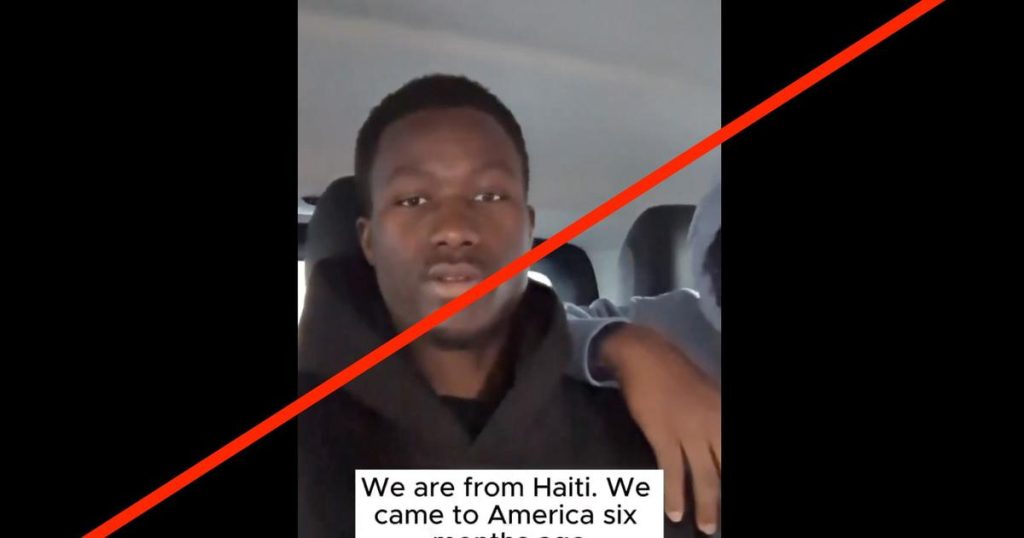U.S. officials have determined that a video circulating online, which purports to show Haitians claiming they illegally voted for Kamala Harris, was created by a Russian troll farm. Georgia Secretary of State Brad Raffensperger labeled the video as disinformation and emphasized that the claims made in the video are false. The man in the video claims to be from Haiti, recently arrived in the United States, obtained citizenship, and is voting for Harris in multiple Georgia counties. The Office of the Director of National Intelligence, the FBI, and CISA confirmed that the video was manufactured by Russian influence actors as part of a broader effort to create doubt about the integrity of U.S. elections and sow division among Americans.
Raffensperger’s office is collaborating with state and federal partners to determine the source of the video and has called on social media platforms, including X owned by Elon Musk, to remove the video. Experts on Russian disinformation, like Darren Linvill from Clemson University, noted that the video shares striking similarities with previous videos released by a Russian influence group known as Storm-1516. This group has a history of fabricating videos, including one that falsely depicted election workers in Pennsylvania ripping up ballots. Storm-1516 has spread false claims about Vice President Kamala Harris and Minnesota Governor Tim Walz, according to researchers and officials. The involvement of Russian troll farms in creating disinformation to influence U.S. elections is a cause for concern and underscores the need for vigilance in combating such tactics.
The revelation that Russia was behind the creation of the viral video underscores the ongoing threat posed by foreign actors seeking to manipulate American political discourse. The spread of disinformation through social media platforms can have a significant impact on public opinion and faith in the electoral process. The cooperation between federal intelligence agencies, state election officials, and independent experts is crucial in identifying and countering such attempts to undermine U.S. democracy. The statement issued by the intelligence community highlights the broader efforts by Russia to undermine confidence in the U.S. election system and sow discord among Americans. It is essential for individuals and platforms to remain vigilant in verifying information and dismantling false narratives that seek to create division and distrust.
The reliance on digital platforms for information dissemination has made it easier for malicious actors to spread disinformation and manipulate public perception. The prevalence of fake news and conspiracy theories in online spaces poses a serious challenge to the integrity of democratic processes. The need for robust fact-checking mechanisms, media literacy programs, and proactive measures by social media companies to curb the spread of false information is more critical than ever. The identification of the Russian troll farm behind the fake video highlights the importance of international cooperation in addressing the global threat of disinformation campaigns aimed at undermining democratic institutions.
Efforts to combat foreign interference in U.S. elections must be ongoing and multifaceted, involving collaboration between government agencies, tech companies, and civil society organizations. The role of independent fact-checkers and researchers in identifying and exposing disinformation campaigns is instrumental in countering their impact. By remaining vigilant and proactive in monitoring and addressing misinformation, stakeholders can mitigate the influence of foreign actors seeking to disrupt democratic processes. The case of the Russian-manufactured video underscores the need for continued vigilance in safeguarding the integrity of elections and preserving public trust in the democratic system. By working together to combat disinformation and uphold the principles of transparency and accountability, stakeholders can protect the electoral process from external manipulation and ensure the integrity of democratic institutions.


